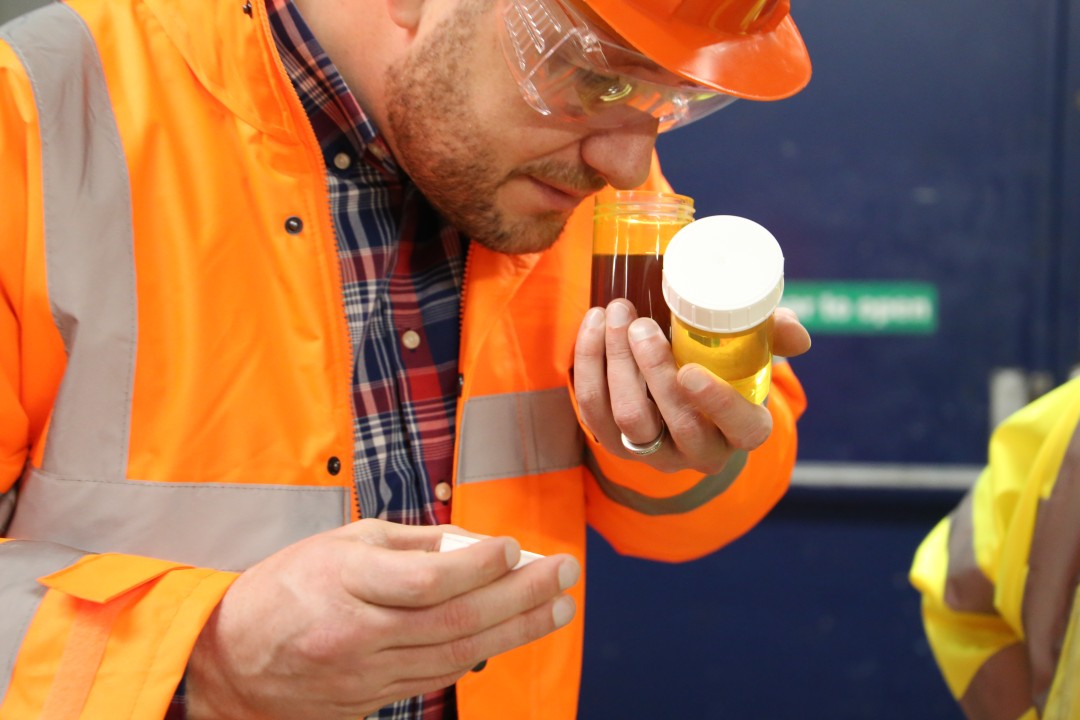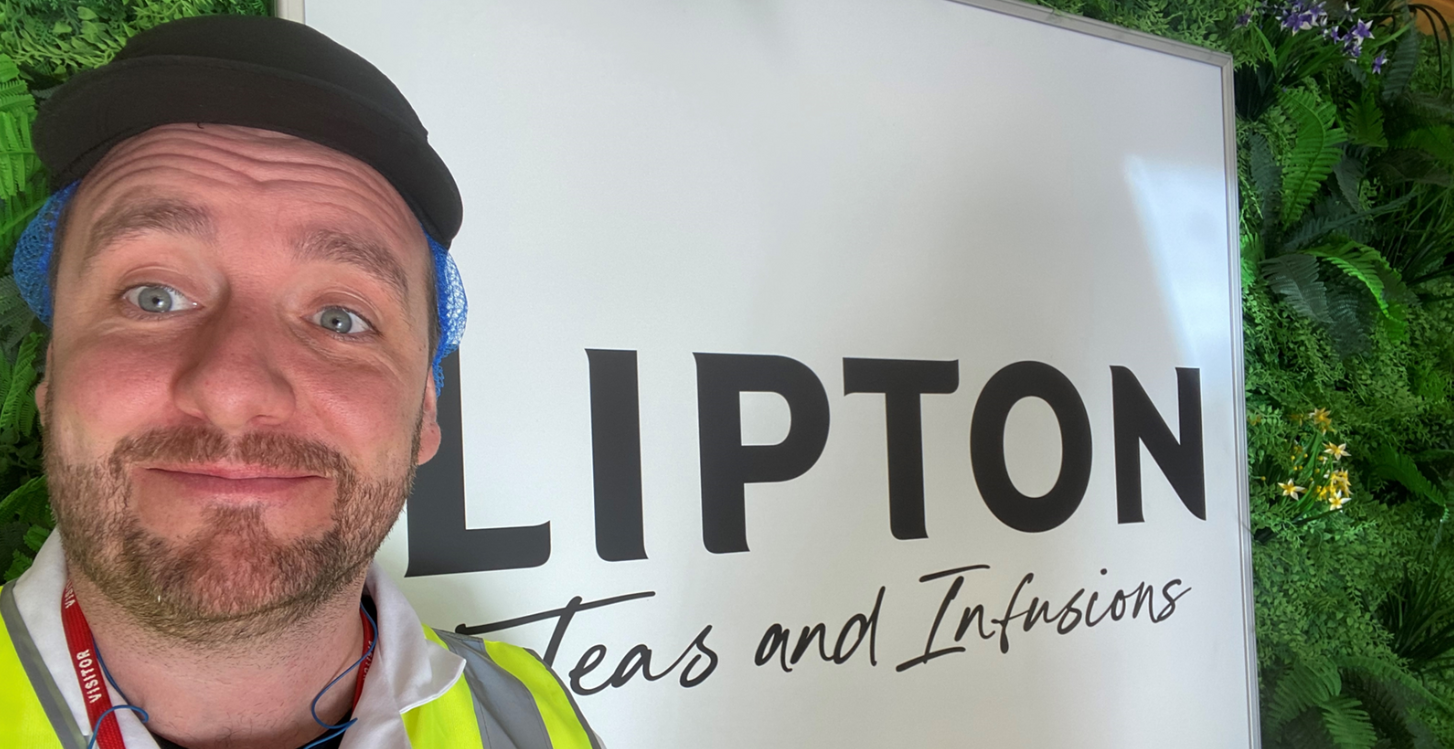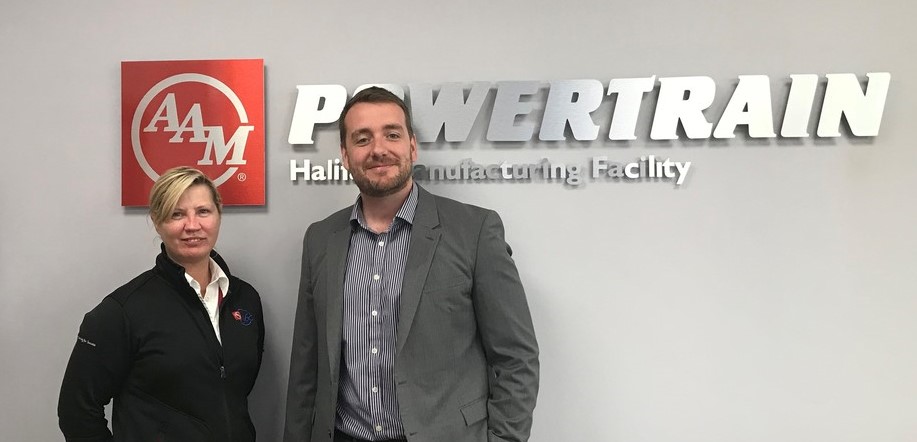
Bringing People
Together
Since 2002
You can speak to an advisor on: 0151 786 8239

2022
I feel privileged to have spent two decades working with business leaders from all corners of the manufacturing sector's supply chain; discussing plans, strategies, customers, technology, and industry challenges. I’ve seen so much over the years; I’ve probably forgotten more than I can remember. From the upper end of the supply chain where prestigious cars are handcrafted, aircraft components that are precision machined and assembled, through to hazardous chemicals and pharmaceutical ingredients, foods, sustainable packaging, renewable energy technologies, and more.
According to our marketing team, I should share some of these experiences with our network. So, here is a snapshot of a recent trip to Sime Darby Oils (now SD Guthrie).
 |
 |
Sime Darby Oils is the downstream processing business owned by Malaysia’s oldest and largest conglomerate, the $10bn Sime Darby Berhad, at Europe’s first Refinery which is dedicated to only processing fully sustainable Palm Oil certified by the Roundtable Of Sustainable Palm Oil (RSPO).
Palm oil, it’s in everything, close to 50% of all packaged goods in supermarkets. From snack foods like chips and ice cream to candy and instant noodles. It’s even found in household items like soaps and lotions, toothpaste, and shampoo. Palm oil is one of the world's most widely used commodities, and its global demand is projected to grow with the world's rising population. It’s an edible vegetable oil that comes from the fruit of oil palm trees. Oil palm trees are native to Africa but were brought to South-East Asia just over 100 years ago as an ornamental tree crop. Now, Indonesia and Malaysia make up over 85% of the global supply.
 |
DOWNSTREAM SUSTAINABLE BUSINESS GROWTH Already the world’s largest producer of certified sustainable palm oil, Sime Darby will continue with its sustainability drive, which does not involve acquiring more plantation land. Thus, growth will have to come from higher productivity of its plantations and offering more differentiated products from its downstream business Sime Darby Oils, says chief financial officer Renaka Ramachandran. To grow productivity and profitability without acreage expansion, several targets need to be achieved by 2023. In the upstream segment, it aims for an average oil extraction rate (OER) of 23% by 2023. This compares with 21.58% as of June 30, 2020. Yield per hectare is also targeted to reach 23 tonnes by 2023. For oils, the group has targeted for the downstream business to contribute 20% to its overall profitability by 2023. The profit contribution will eventually grow to 40% by 2025. SIME DARBY'S STATE OF THE ART LIVERPOOL FACILITY My host, one of Sime Darby’s success stories, Phil Dabbs (Packing Plant Manager). Phil’s passion and enthusiasm for the business are obvious, and understandable given that he joined the company in 2014 with no prior industry experience and has enjoyed a progressive career through a range of business functions, a Master’s degree in Manufacturing Leadership, and spent 5 months at one of the groups sustainable plantations on the small island of West New Britain, off the coast of Papua New Guinea. There, he managed Laboratories and QA functions as part of his broader induction into the group. His knowledge of the facility and the process chemistry behind it is first class. |
The Liverpool plant was purpose-built in 2010 and was one of Europe’s first purpose-built palm oil refineries. The plant is strategically located at one of Liverpool’s ports where they bring in their crude palm oil to the plant directly via ship, the crude oil is then pumped into their new £16m automated tank farm. Phil was kind enough to take us across the top of the tanks where we met new members of the maintenance team who were carrying out planned preventative maintenance work.
Crude palm oil is essentially a pressed fruit. Reddish in color, it contains a lot of sediment and has a strangely familiar fruity/oily aroma. It is then fed into the plant and is refined to a range of customer specifications. The well-equipped laboratory tests and validates at stages throughout the process.
They have invested in an automated road tanker filling operation that allows the team to configure the mix/blend of the finished product at the point it is pumped into the vehicle. This gives them a significant advantage when managing customer demand/orders, by reducing changeovers, waste of product, and time.
The facility also includes a state-of-the-art Packing Plant which opened only 10 years ago. In this plant, the oils are either boxed and sent to the Food Service industry predominantly for frying or the oils are blended to customer specification and extruded as 12.5 kg blocks of margarine before being supplied to the bakery industry for products such as sausage rolls and pasties. Due to the investment in technology, the lines are fully automated from start to finish and therefore require lower levels of manpower to oversee the operation.
A huge thanks to Amy Duignan (HR Manager) for organising this. Amy is working closely with our Morgan Ryder Group to source the very best talent from across the sector. If you would like to explore the wide range of opportunities, please email recruit@morganryder.co.uk and a member of the Sime Darby recruitment team will be in touch.
Morgan Ryder is looking for talented individuals across Supply Chain, Engineering, Projects, Commercial, Planning, Procurement, and more.
How can we help?
If you’d like to learn more about our divisions, don’t hesitate to ask…






